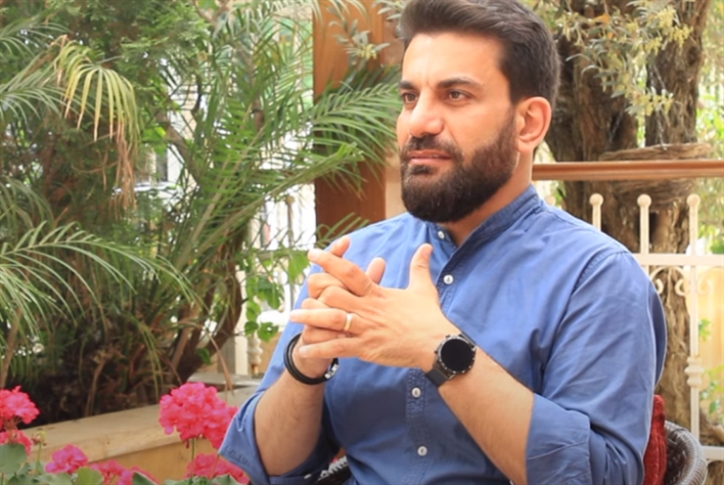Lebanese media entered the election bazaar and pawned their screens to the candidates and their money, of which one minute was worth more than five thousand dollars, according to election observers, and another interactive electronic world active during the election. It is easy for an observer to follow this movement, especially on Twitter, which is a huge campaign arena for candidates, even if some of these spaces seem misleading and illusory, in addition to joining some media figures in election games and launching their own programs on them. candidate placement platforms. As for Facebook, it has become an important outlet for candidates because these people use the promotional feature on their pages despite the restrictions imposed by the blue site, its effects are began showing up in March last year, requiring candidates to use a fee. advertising. to provide their personal data, to find out their identity, to control the amount of their financial expenses, as well as the segment they are targeting. This campaign tracking mechanism, despite its importance, is often avoided by observers due to Facebook’s deception of these candidates and the use of unofficial pages to promote themselves and their programs. in the campaign. The use of virtual platforms, particularly Facebook, has contributed significantly to reducing spending ceilings and budgets. The cost of advertising on the road has become much higher than virtual platforms, in addition to the ease of distribution of videos and paid political messages on these platforms and their reach to the wider Lebanese population. Along with the movement of candidates, the activity of some media professionals and activists emerged, media platforms that “spawned” during the election and created programming spaces for them on social networks and YouTube. For example, former reporter Rachel Karam appeared on The New in her program With Who? Which accepts candidates and only gives them 180 seconds to answer the questions posed, against the backdrop of deliberately offering a policy of reduction and cutting on many important issues and causing controversy to them (e.g. , Charbel Nahas ’statement on Syrian refugees).
Farhet platform and create software space for them on social networks and YouTube
In addition to Karam, former OTV correspondent Rawad Daher launched the Bal Mubasher program, making it a pre-election space hosting the candidates. At the same time, digital platforms have emerged that work on the electoral issue and accept candidates, such as: lebtalks, Spot shot video, Al-Khabar, Sarda and others. Some of these platforms used the graphic and laconic techniques of the early days of electronics and the techniques of the digital world. The Club House platform is not to be missed, though it has weakened in recent months. Anyone looking at this platform will inevitably notice an active movement of candidates and media workers to discuss issues related to elections and advance electoral lists or individuals active in this field, against backdrop of a clear alignment that reinforces the political division taking place in the country. .
